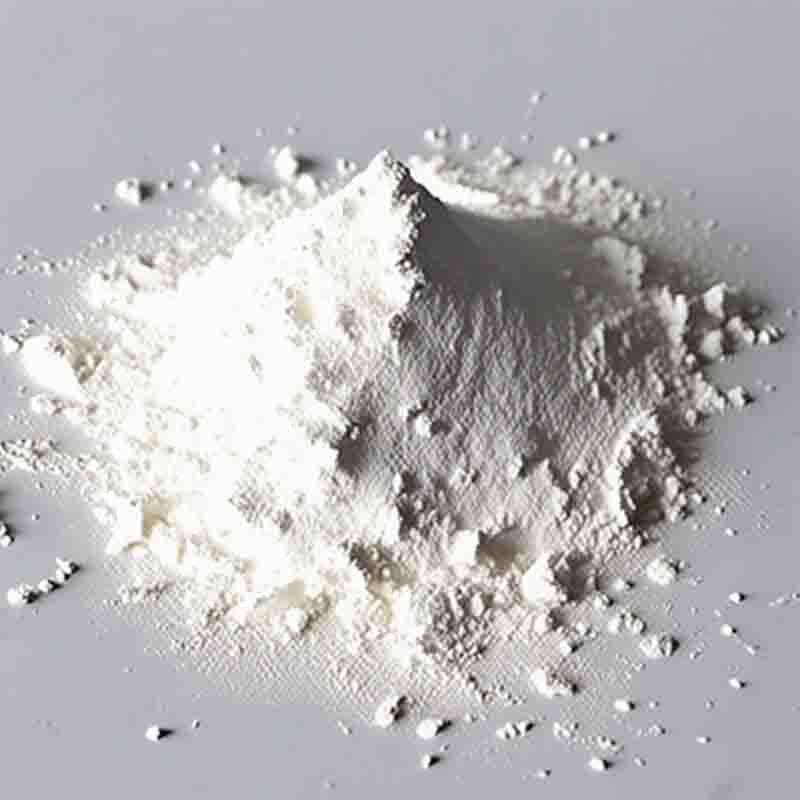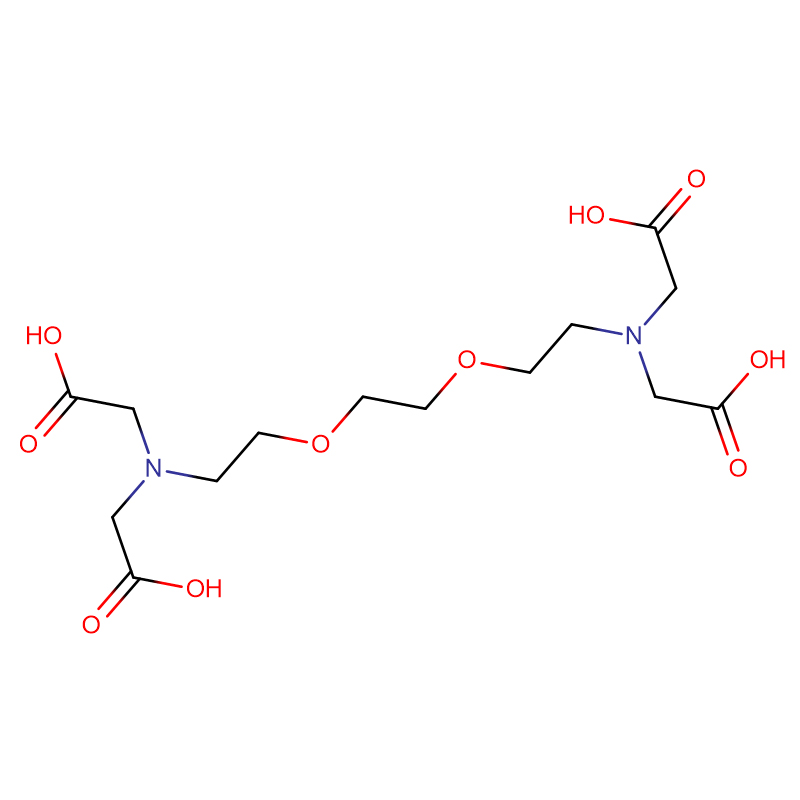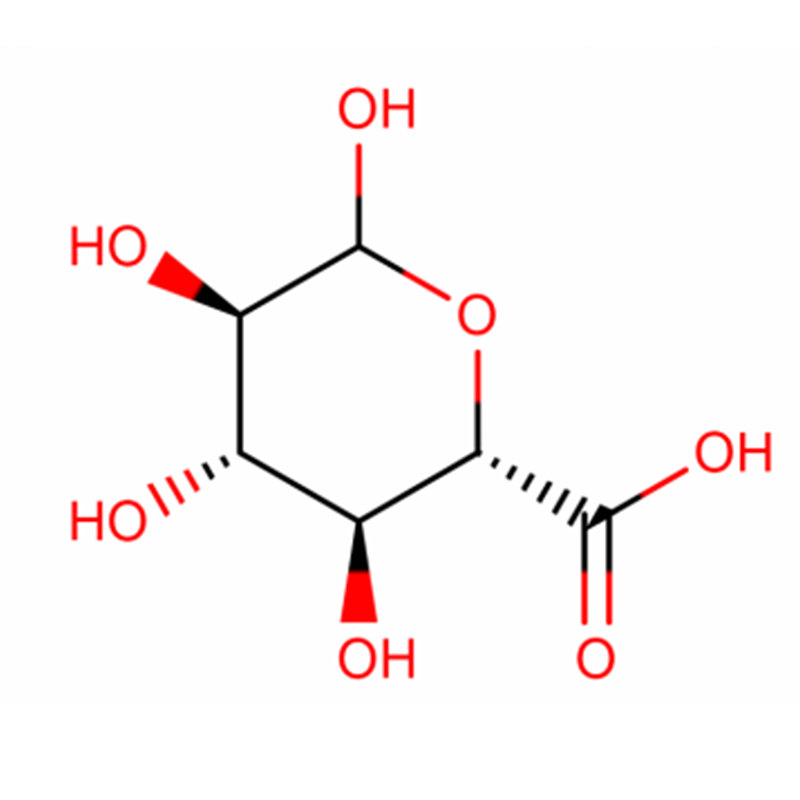Potassium bismuth iodide CAS: 41944-01-8
| Catalog Number | XD94153 |
| Product Name | Potassium bismuth iodide |
| CAS | 41944-01-8 |
| Molecular Formula | BiI7K4 |
| Molecular Weight | 1253.7 |
| Storage Details | Ambient |
Product Specification
| Appearance | White powder |
| Assay | 99% min |
Potassium bismuth iodide (KBiI3) is an inorganic compound composed of potassium cations (K+), bismuth cations (Bi3+), and iodide anions (I-). It is a crystalline solid that has gained considerable attention due to its unique properties and potential applications in various fields.One of the prominent uses of potassium bismuth iodide is in the field of photovoltaics. It has shown promising characteristics as an absorber material for solar cells. KBiI3 exhibits a suitable bandgap and high absorption coefficient for visible light, making it a potential candidate for efficient solar energy conversion. Additionally, its relatively high defect tolerance and good stability make it an excellent alternative to conventional absorber materials used in photovoltaic devices.Furthermore, potassium bismuth iodide has demonstrated interesting properties for thermoelectric applications. Thermoelectric materials have the ability to convert waste heat into useful electrical energy. KBiI3 has shown favorable thermoelectric performance, including high electrical conductivity and low thermal conductivity. These properties make it a potential material for thermoelectric generators, where it could play a role in improving energy efficiency and waste heat recovery in various industries.Another area where potassium bismuth iodide shows promise is in the field of nonlinear optics. Nonlinear optical materials exhibit properties that allow them to change their refractive index when subjected to intense light. KBiI3 has been investigated for its potential use in realizing efficient frequency doubling and optical waveguides. These properties have applications in laser technology, telecommunications, and other industries where efficient manipulation of light is required.Additionally, potassium bismuth iodide has been explored for its potential application in radiation detection. Its high density and ability to absorb and detect different types of radiation make it suitable for nuclear and medical imaging devices. KBiI3-based detectors have shown high sensitivity, excellent energy resolution, and good stability, making them valuable tools for radiation monitoring and imaging.It is worth noting that potassium bismuth iodide is a relatively new material, and its applications are still being explored. Research efforts are ongoing to fully understand its properties and optimize its performance in various fields. Future developments may uncover even more potential applications for KBiI3, expanding its uses in fields such as sensors, catalysis, and optoelectronics.As with any material, proper handling and safety precautions should be followed when working with potassium bismuth iodide. It is important to consider potential health and environmental risks associated with bismuth and iodine compounds, and appropriate measures should be taken to minimize exposure and ensure safe use and disposal.







![Methyl 1-[(2'-cyanobiphenyl-4-yl)methyl]-2-ethoxy-1H-benzimidazole-7-carboxylate CAS: 139481-44-0](https://cdn.globalso.com/xdbiochems/白色粉末2212.jpg)

